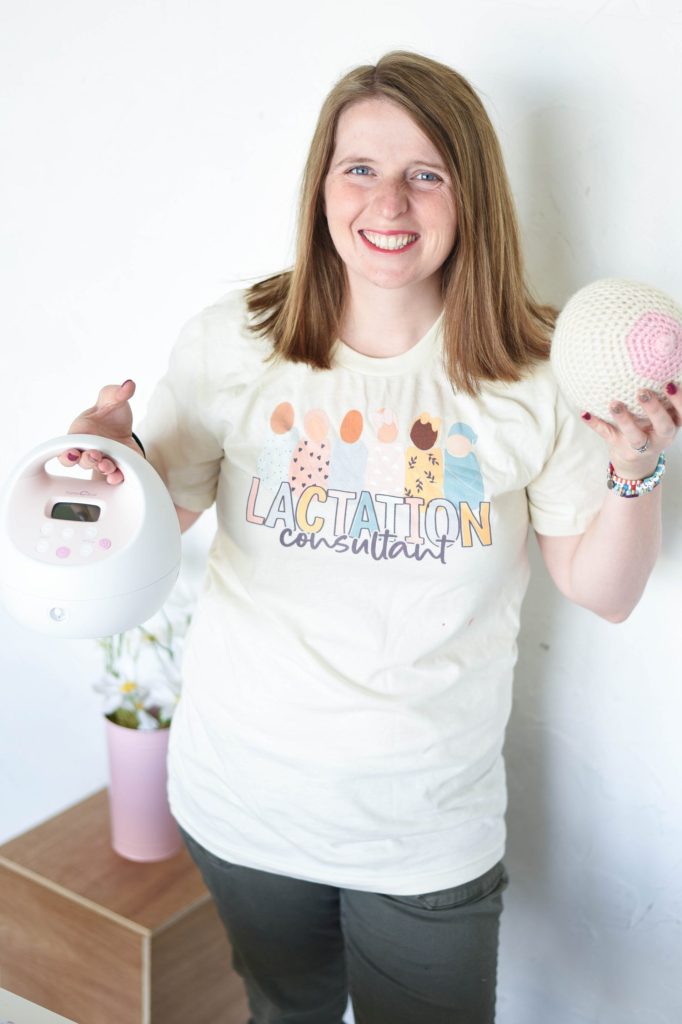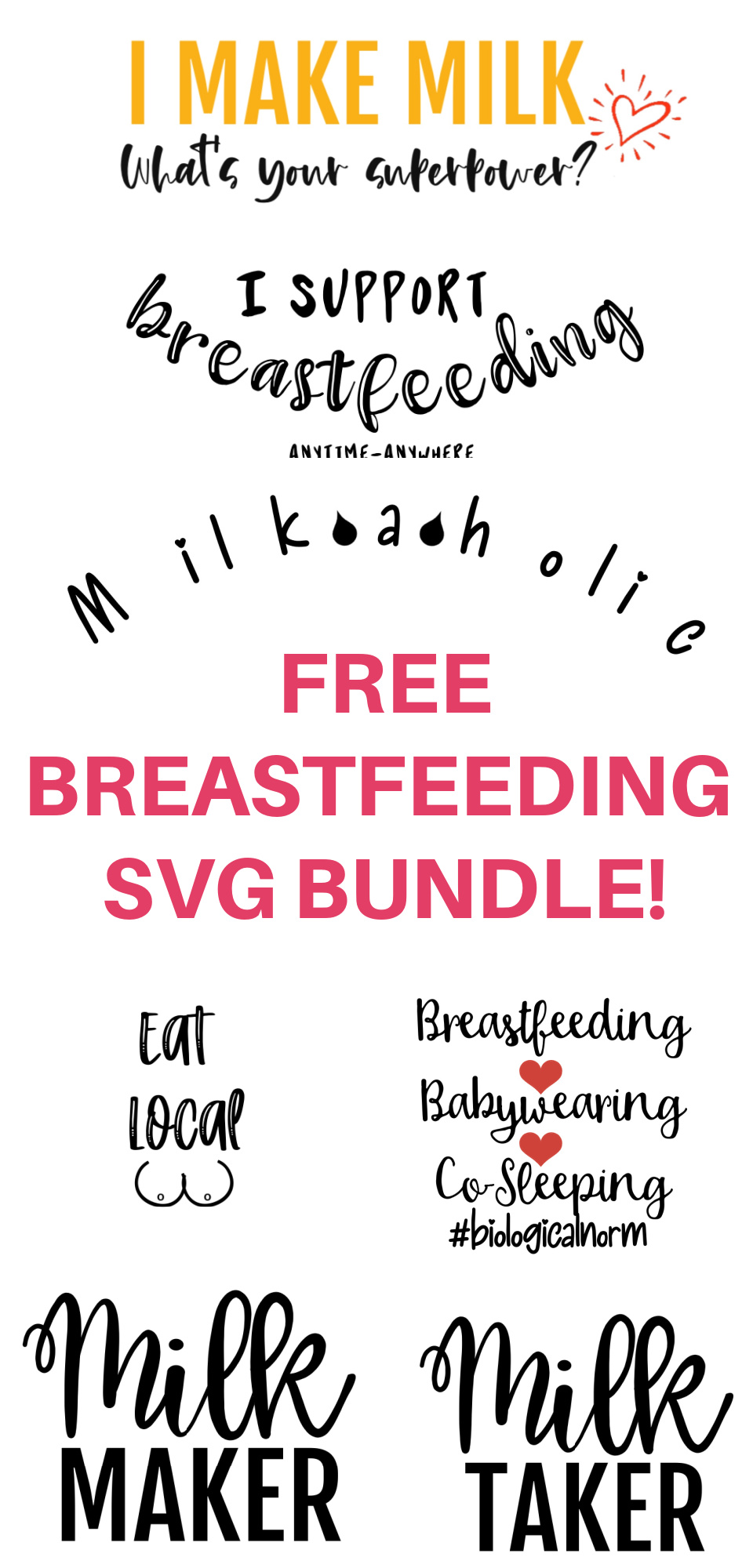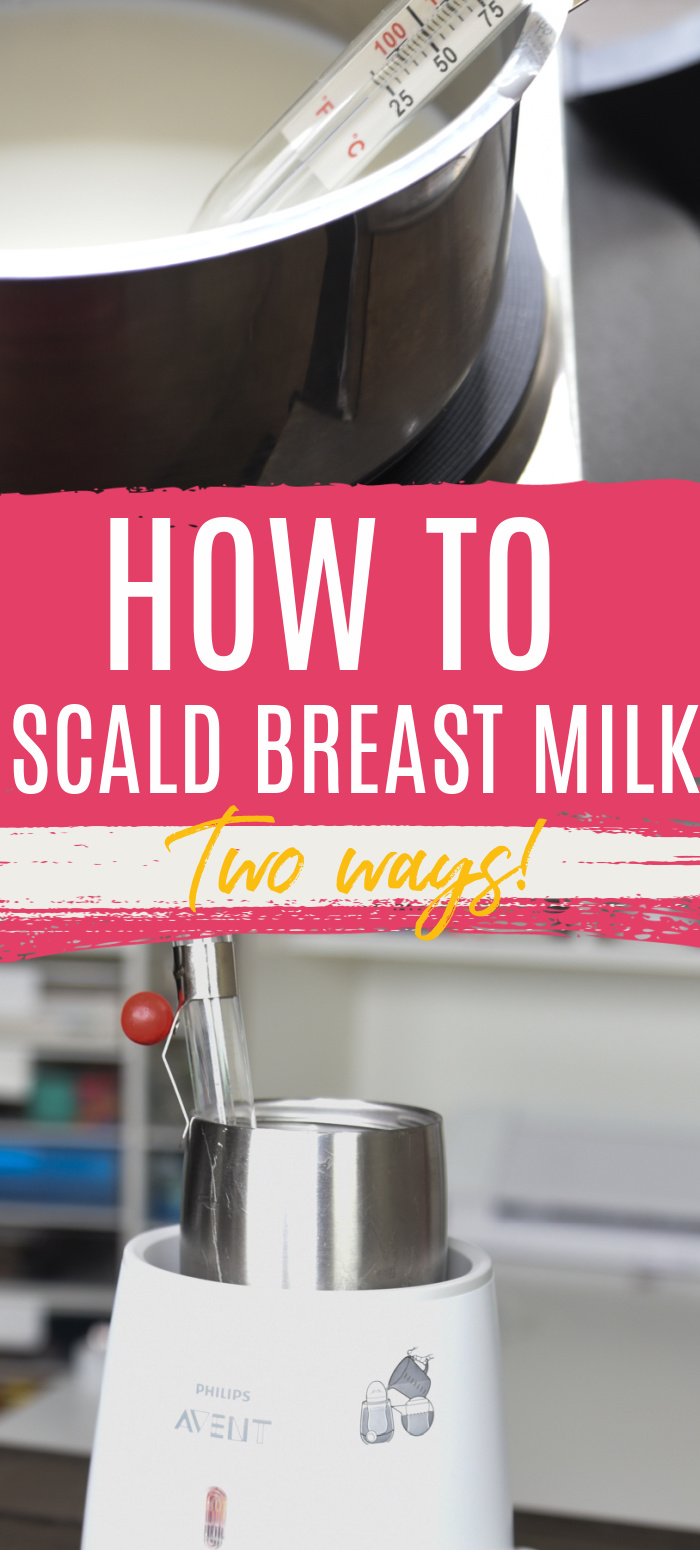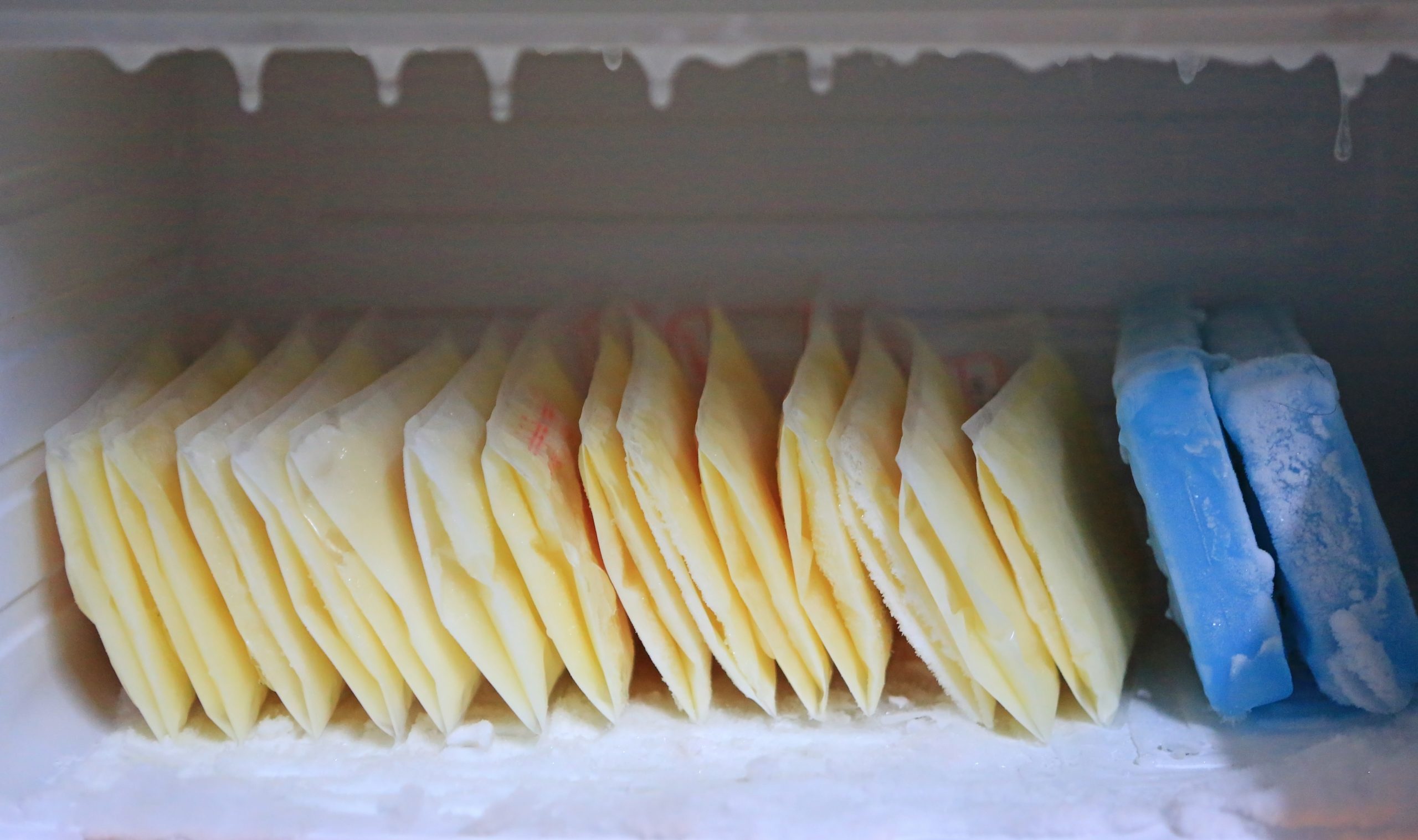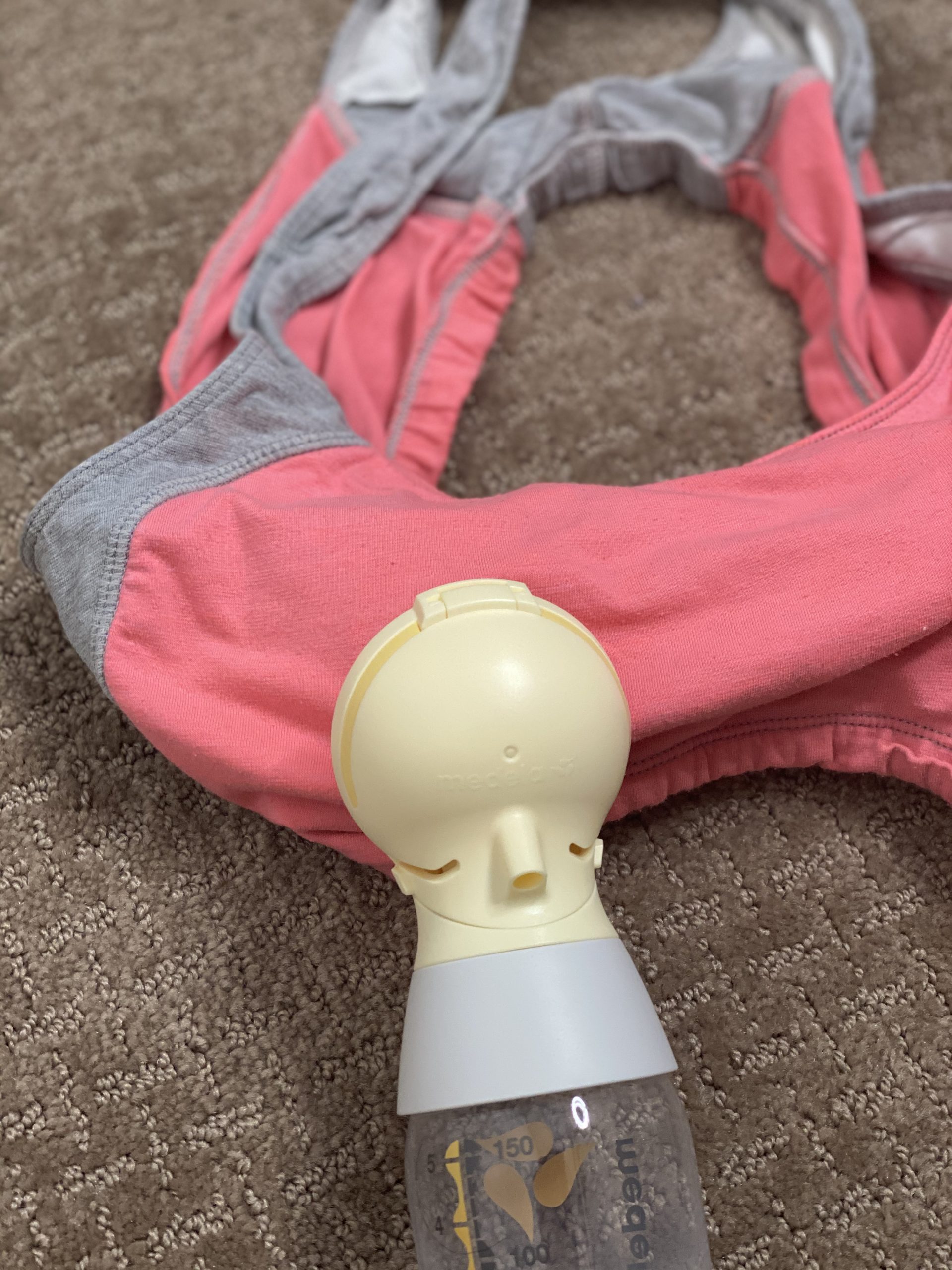Do you ever feel like your baby is constantly squirming when you’re breastfeeding? It can be really frustrating but don’t worry, you’re not alone. Many mothers experience this phenomenon. In this blog post, we’ll discuss the possible reasons why your baby is squirming and how to deal with it. We hope that this information will help make breastfeeding a more enjoyable experience for both you and your little one.

Babies often squirm when they’re breastfeeding because it feels good and they’re getting milk. However, if your baby is squirming a lot, seems to be in pain, or is just being a fussy baby, it may be a sign that something isn’t quite right.
Here are the most common reasons that I observe when working with families as a lactation consultant.
- Gas
- Slow letdown
- Fast letdown
- Hunger
- Tiredness
- Overstimulation
- Growth Spurt/Developmental Leap
- Diaper
- Distracted
- Uneven Breasts
- Reflux
- Thrush
- Positioning
- Teething
- Illness
- Finished Eating
Let’s dive into these a little bit more. If you need help figuring these issues out, be sure to book a virtual consult with me.
1 – Slow Letdown

If your baby is squirming and seems frustrated, it could be because your milk is taking too long to let down. When the baby begins to nurse, they stimulate the release of oxytocin, which causes the milk to let down. In some cases, this process can take a few minutes. If baby gets impatient, they may start to squirm.
To help with a slower letdown, you can :
- Do breast compressions/massage before and during your nursing session
- Hand express to a letdown for a particularly fussy baby
- Switchback and forth every 1-2 minutes to keep baby engaged and to help elicit the letdown
2 – Fast letdown

If your baby is squirming because of a fast or overactive letdown, it may be because the milk is coming out too quickly for them to handle. Managing a fast letdown can be tricky – sometimes, it happens because of an oversupply of milk, while other times it just happens.
Certain positions can be better for a fast letdown than others. Some women find success with blocking off a milk duct by gently applying pressure in a “karate chop” position to the breast.
3 – Gas

Another common reason baby is squirming might be because they have a lot of gas in their tummy. This can sometimes make the baby feel uncomfortable or bloated, which can lead to excessive squirming.
This is common in the early days of breastfeeding, due to infants having immature digestive systems. It can also happen if they have a poor latch which makes them bring in a lot of air, from a fast letdown where they get a fast flow of milk, or because of food allergies/intolerances.
Here is a great article about the different causes behind a gassy baby. But sometimes, all you need to do is help your baby get a good burp to help with gas issues.
4 – Hunger

Your baby might just simply be hungry – which might make them more impatient for a letdown. If you find that this is happening frequently, you may want to pay closer attention to early hunger signs to ensure you are feeding your baby when they are in the early hunger stages – not the late.
5 – Tiredness

If the baby is squirming and seems to be falling asleep, it could be a sign that they’re tired. When a baby is tired, they may start to fuss and squirm. They may settle and fall asleep as they start to nurse, or they may just not want to eat right then. Try giving them a short nap and try to feed them again later.
6 – Overstimulation

Another common reason for baby squirming is overstimulation. When a baby is breastfeeding, they are also taking in all the sights and sounds around them. This can be overwhelming for them, causing them to squirm and try to escape the situation.
7 – Growth Spurt/Developmental Leap

The baby may be squirming because of growth spurts or a developmental leap. During these times, babies may be extra hungry and need more milk to keep up with their growing bodies.
During these times, they can be more interested in the world around them and have less patience. In this situation, just try and offer the breast as much as you can and be patient – this stage will pass!
8 – Diaper Issues

A wet or dirty diaper can also cause the baby to squirm. If a baby’s diaper is full, they will squirm and cry until you change it. Some babies are more sensitive to soiled diapers than others, so you may want to make a habit of making sure your baby has a clean diaper before feeding.
9 – Distracted

Your baby may squirm if they’re getting distracted while breastfeeding. This is common if the baby is trying to look around the room or if there’s something else going on that’s grabbing their attention.
Here is some great advice on how to manage distracted nursing – 14 Tips for Surviving Distracted Nursing.
10 – Uneven Breasts

Most women have a “slacker” side, or one side that seems to have a slower flow or produce less milk. If your baby doesn’t like that side as much, they may squirm more to show their dissatisfaction.
More on this topic – Lopsided Breastfeeding? How to Fix a Slacker Breast
11 – Reflux

If a baby has gastroesophageal reflux disease, they may start to squirm and cry at the breast. This is because the acid from their stomach is coming back up, causing them to feel uncomfortable.
Laidback nursing can be helpful as it keeps your baby in a more upright position. Chiropractic adjustments can also be really helpful for helping with reflux.
12 – Thrush

If a baby is squirming because of thrush, it’s important to take them to the doctor for treatment. Thrush can make the baby uncomfortable and fussy while breastfeeding, so it’s essential to get medical help right away.
13 – Positioning

Sometimes your baby just doesn’t like the position they are in, and they are squirming to get more comfortable!
There are different positions you can try and experiment with. While a newborn baby can’t tell you why they are uncomfortable, sometimes a different position is just the trick. I am personally a fan of the cross-cradle hold and side-lying. Here are a few signs that that point forward pregnancy while breastfeeding.
14 – Teething

The baby may start to squirm and cry when they’re teething. This is because the pain from teething can be uncomfortable and the baby may want to find a way to relieve it.
15 – Illness

If a baby seems to be fussy all the time, it could be a sign that they are sick. the baby may start to squirm if their illness is causing them discomfort or pain. Ear infections are one of the more common ailments to cause a disruption to breastfeeding.
16 – Finished Eating

If the baby seems to be done nursing, it may be a sign that they are full and no longer need any more milk. In this case, you should try burping the baby and then putting them down for a nap or cuddle session. Ultimately, the best thing you can do is pay attention to the baby’s cues and respond accordingly to their needs.
Is baby squirming a cause for concern?

The good news is, this type of behavior while breastfeeding is not usually a cause for concern. However, if you have any concerns, make sure you reach out to a lactation professional or your child’s care provider.
Here are a few signs that maybe this squirming is more than just normal infant behavior:
- baby’s fussiness occurs all day long
- poor weight gain
- drop in diaper output
- frequently falling asleep at the breast before taking in a full feed
When you are trying to determine the cause of the squirming, here are a few questions to consider:
- Is it happening at the start, middle, or end of the feed
- Does it last the whole feed or just for a short time?
- Will they still nurse?
- Is it combined with other fussy behavior?
- Are you experiencing cracked or damaged nipples?
How can I make breastfeeding more comfortable for my baby?

There are a few things you can do to make breastfeeding more comfortable for your baby. Here are some things to try:
- Try a new position
- Remove distractions
- Do skin-to-skin contact
- Nurse in a bath
- Burp baby
- Stop and try again later
- Ensure a good latch
- Determine underlying causes
What should I do if my baby is in pain while breastfeeding?

If baby squirming is accompanied by signs of pain or discomfort, such as increased agitation, pulling away from the breast, and grimacing, you should consider reaching out to a medical professional In some cases, baby squirming may be a symptom of an underlying condition that requires treatment.
To get help for your baby, speak to your doctor or a lactation consultant. They can help you identify the root cause of the baby’s discomfort and work with you to come up with an appropriate treatment plan.
If your baby is squirming a lot, it could be for any number of reasons. Hopefully, the tips in this post have given you some ideas on how to troubleshoot and alleviate the problem – most of the time, this is just a normal stage that will get better after a short time.
Always consult with your pediatrician if you’re concerned about your baby’s health or well-being. And please share with us what solutions worked best for you in the comments below!
More Articles You May Enjoy:


